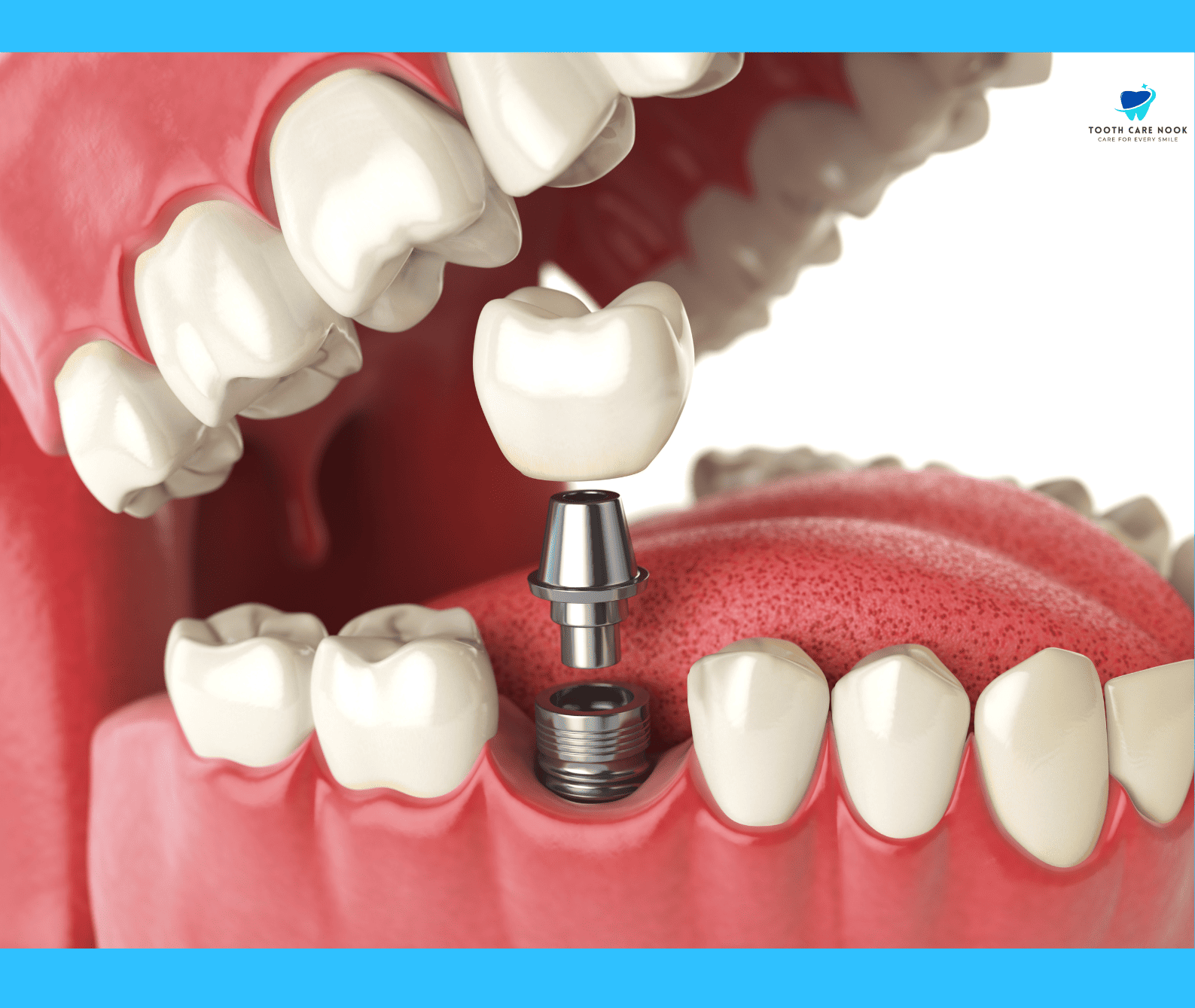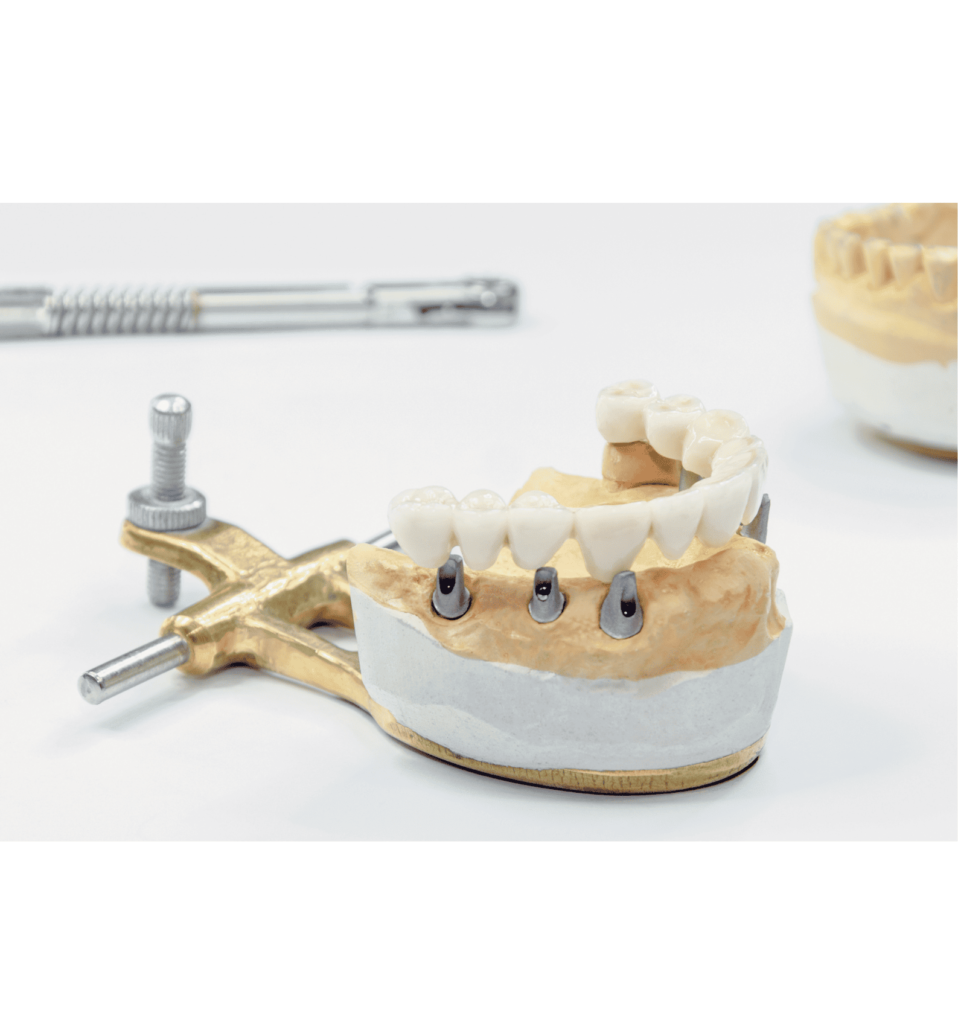What is The Best Material to Use For Dental Implants?
The best material to use for dental implants is titanium. Titanium implants have been widely used for decades due to their biocompatibility, strength, and ability to fuse with the surrounding bone through a process called osseointegration.
This integration provides stability and support for replacement teeth, resulting in long-term success and durability. Also, titanium implants have a low risk of allergic reactions and corrosion which makes them a reliable choice for dental implant procedures.
While other dental implant materials such as zirconia are available, titanium remains the preferred option for most dental implant applications in the United States.
Which is Better Porcelain or Zirconia For Implants?
Zirconia implants are generally considered better than porcelain dental implants due to their superior strength and durability. While porcelain offers excellent aesthetics, zirconia implants are highly resistant to chipping and fracture, making them ideal for areas subjected to heavy biting forces.
They also boast excellent biocompatibility and resistance to corrosion. However, porcelain dental implants may still be preferred in cases where aesthetic appearance is the primary concern, as they closely mimic the natural translucency of teeth.
What is The Healthiest Dental Implant?
The healthiest dental implant is one that promotes long-term stability, functionality, and oral health without compromising surrounding tissues. Titanium implants are widely regarded as the healthiest option.
This process ensures a strong foundation for replacement teeth while minimizing the risk of complications such as infection or inflammation.

Which Type of Dental Implant Has The Highest Success Rate?
Titanium dental implants have consistently shown the highest success rates among various types of dental implants. Research and clinical studies in the United States consistently report high success rates for titanium implants which range from 95% to 98%.
Titanium implants have a long track record of successful outcomes and are widely recognized as a reliable option for replacing missing teeth.
Types of Dental Implant Materials with Their Success Rate
| Type of Dental Implant | Success Rate |
| Titanium Implants | 95% – 98% |
| All-on-4/All-on-6 Implants | 90% – 95% |
| Zygomatic Implants | 90% – 95% |
| Subperiosteal Implants | 85% – 95% |
What Teeth Implants Last the Longest?
Titanium implants are generally the best tooth implant material and are recognized for their longevity and durability, often lasting the longest. They have been extensively studied and have demonstrated excellent longevity.
What Are The Disadvantages of Titanium Implants?
Following are some potential disadvantages of titanium implants to consider:
- While titanium implants have high success rates, there is still a risk of implant failure. Factors such as poor oral hygiene, inadequate bone integration, or underlying health conditions can contribute to implant failure.
- Like any surgical procedure, placing titanium implants carries risks such as infection, nerve damage, or sinus perforation. These risks can be minimized with careful surgical planning and proper post-operative care.
- Titanium implants tend to be more expensive than alternative dental implant materials. The higher cost may pose a barrier to some patients seeking dental implant treatment.
What Dental Implants Do Not Use Metal?
Zirconia implants do not use metal. They are made from a ceramic material called zirconium dioxide, which is biocompatible and tooth-colored. Unlike titanium implants, which are metal-based, zirconia implants offer a metal-free alternative for patients with metal sensitivities or aesthetic preferences.

